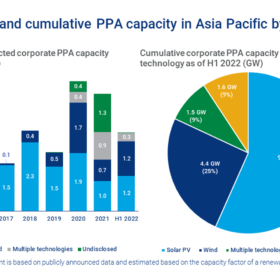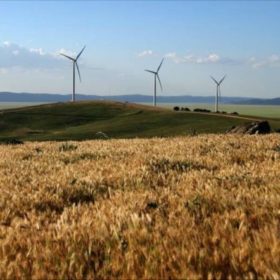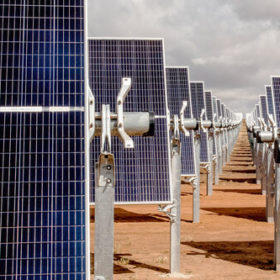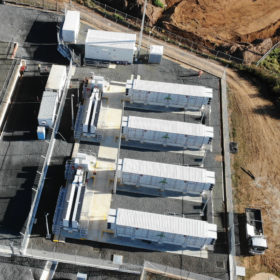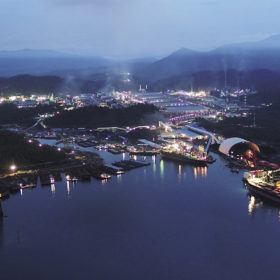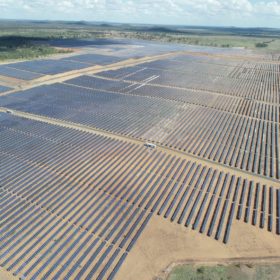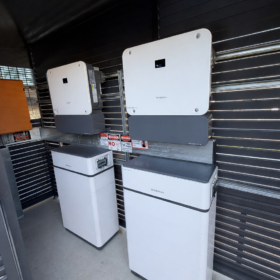Solar dominates renewable corporate PPAs in Asia Pacific, says WoodMac
Corporations in the Asia-Pacific region are set to contract a record 7 GW of renewable capacity in 2022, according to a new report by Wood Mackenzie. Solar accounts for 57% of the region’s contracted corporate renewable power purchase agreements (PPAs) to date. India, Australia and Taiwan account for 89% of overall capacity in the region.
Tender for group PPA goes out in Sydney
The Northern Beaches Council in Sydney is seeking expressions of interest from organisations able to set and and run a group Power Purchase Agreement (PPA), for its local businesses. The aim is to aggregate local businesses to collectively scale up their PPA buying power and cut time, complexity and associated costs.
Energy Estate looks to cavern storage for Hunter Hydrogen Network
Developer Energy Estate has signed a deal with Abergeldie Complex Infrastructure, which has designed vertical manmade caverns for hydrogen storage. Energy Estate co-founder Simon Currie says the partnership is about shoring up projects like its proposed 1.6 GW Hunter Hydrogen Network.
20 MWh battery project commissioned in ACT
A 10 MW/20 MWh battery energy storage system associated with a Victorian wind farm has be commissioned by Ingeteam at the Queanbeyan substation in the Australian Capital Territory.
Shirked question: COP27, All Energy and a long avoided issue
Australia has paid just 38% of its “fair share” towards the internationally agreed climate finance target. The revelation speaks to the issue of fairness – a key topic at COP27, currently underway in Egypt. But Australia’s premier renewable energy event offered little hope that questions of equity and deep sustainability are being considered here, even by the architects of our own transition.
Could Australia still have a pathway to manufacturing green steel?
ARENA has awarded global technology company Calix $947,035 (USD 612,509) to help fund an eleven-month study into the feasibility of deploying the company’s proprietary Zero Emissions Steel Technology (ZESTY) at a demonstration plant – something both Calix and ARENA are touting as a pathway to green steel manufacturing using hydrogen in Australia.
To play climate catch-up, Australia must learn to battle supply chain woes
As uplifting as Australia’s climate turn around is, SMA Australia’s Joshua Birmingham says it would be “naive” to ignore the fact that this rapid growth will present challenges for the industry, with demand potentially outstripping supply in many key areas of the renewable energy value chain.
Indonesia may add 66 GW of solar by 2030, says IRENA
The International Renewable Energy Agency (IRENA) says that solar could become the backbone of Indonesia’s energy system by 2030. However, the nation’s own expectations are still far off from IRENA’s scenarios.
ACEN gives green light for 400 MW Stubbo Solar Farm
The Australian arm of Philippines-based clean energy company ACEN Corporation has pressed go on the 400 MW Stubbo Solar Farm to be built near Dubbo in the New South Wales central west.
Flow Power enters Queensland market with Clermont Solar Farm PPA
Australian electricity retailer Flow Power has officially entered the Queensland market, inking an offtake deal with German-owned renewable energy developer Wirsol Energy for 30 MW of clean electricity generated at the 89 MW Clermont Solar Farm.
